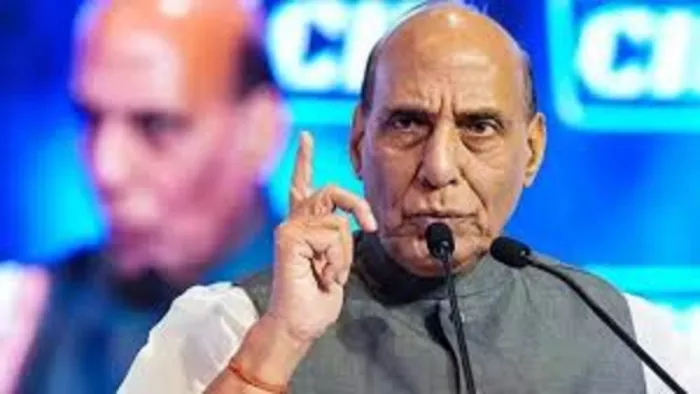Significant transformations are on the horizon for medical entrance examinations such as NEET-UG and JEE Main, set to take effect next year. The National Testing Agency (NTA), which oversees these pivotal assessments, is implementing measures aimed at enhancing real-time monitoring and adjusting the difficulty levels of question papers to better serve students. Under the guidance of Dr. K. Radhakrishnan, efforts are being made to bolster transparency in the examination process and lessen students’ reliance on coaching institutes, in line with recommendations from a dedicated committee.
Jagran, New Delhi. Upcoming major examinations, including JEE Main and UGC NET, are poised for considerable modifications in the following year, particularly those related to medical admissions. The NTA, charged with administering these crucial tests, is actively engaged in the enhancement of various facets of the examination process.
This overhaul includes various improvements such as the selection of examination centers, real-time monitoring systems, and base-based verification processes, all tailored to assist students from rural areas. These initiatives are anticipated to significantly enhance the transparency of the examination procedures. The NTA’s reforms are being instituted based on the insightful recommendations put forth by the Dr. K. Radhakrishnan Committee.
Transition to Computer-Based Examinations
Among the committee’s suggestions is the shift from traditional pen-and-paper NEET examinations to a computer-based format. However, a definitive decision regarding this transition has yet to be reached. Both the Ministry of Education and the NTA are open to exploring this direction.
NEET-UG and the Ministry of Health
The Ministry has clarified that the NEET-UG examination falls under the jurisdiction of the Ministry of Health, which will ultimately be responsible for any policy decisions. The advantages and disadvantages of implementing a computer-based examination format are currently under review. The study is particularly focused on how such a shift would impact students from rural backgrounds, especially in comparison to their experiences with traditional assessments.
Addressing Student Dependence on Coaching
Recent discussions within the Ministry of Education have highlighted a growing concern regarding students’ reliance on coaching centers in preparation for exams like NEET-UG and JEE Main. Consequently, there will be a concerted effort to craft question papers that enable students to excel based solely on the education they receive in schools. Some parents and educators affiliated with coaching institutes have noted a lack of synergy between school curriculums and coaching methodologies, which exacerbates students’ dependence on external coaching.
Recommendations from the Radhakrishnan Committee
A nine-member committee, led by Higher Education Secretary Vineet Joshi, has been tasked with proposing strategies aimed at diminishing students’ reliance on coaching centers for higher education admissions. It is important to note that the Radhakrishnan Committee was established in 2024 in response to disturbances during the NEET-UG examination, and it has since made several pivotal recommendations to enhance the NTA’s operations.
Key Initiatives to Enhance Examination Procedures
- Examination centers will be primarily located in government schools.
- Approval from District Magistrates will be required for center selection.
- A comprehensive system will be implemented to ensure students reach their designated centers safely, with online tracking available.
- Real-time monitoring of every examination center will be established.
- Aadhaar-based verification will be obligatory during the application process.
- Mandatory biometric verification of students may be introduced during the NEET-UG examinations.
- The number of permanent staff within the NTA is expected to increase.
- Feedback will be solicited from students, parents, educators, and institutions to further refine the examination process.















